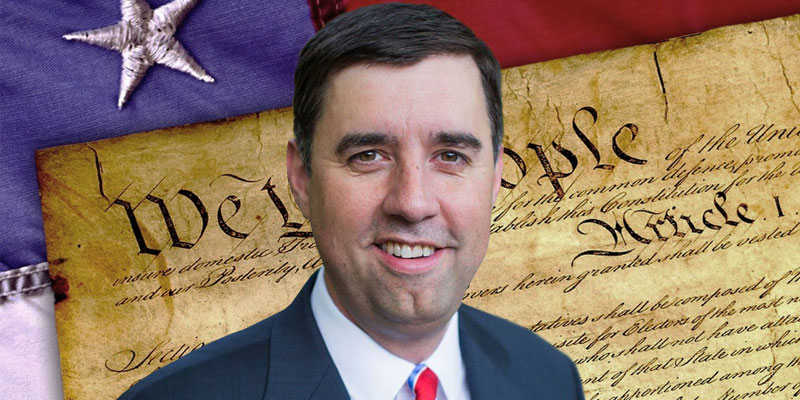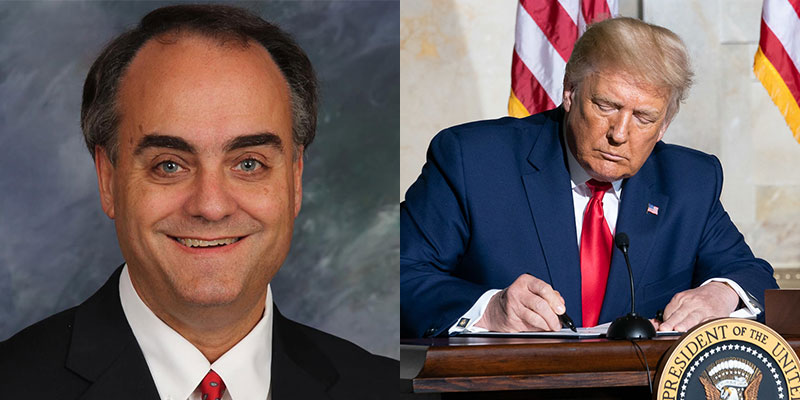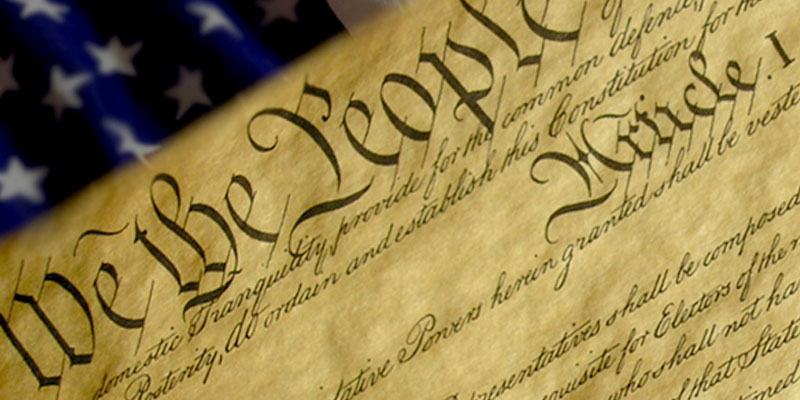Tomorrow, Sept. 17, is Constitution Day. On that date 235 years ago, our Founding Fathers signed America’s national charter, creating a government devoted to protecting our God given rights and liberties.
When Americans think about the freedoms protected by our Constitution, we tend to focus on the first nine amendments in the Bill of Rights. Those nine amendments, familiar to all schoolchildren, protect individual liberty by safeguarding citizens; rights to speak freely, to worship God in accordance with our conscience, and to bear arms in defense of ourselves and our countrymen.
But we often overlook the capstone amendment to the Bill of Rights – the Tenth – which enshrines one of the most foundational freedoms of all: the right of the people within each state to govern themselves.
The Tenth Amendment declares that any “powers not delegated to the United States by the Constitution, nor prohibited by it to the States, are reserved to the States respectively, or to the people.”
In other words, if the Constitution does not clearly grant a power to the federal government, the federal government lacks that power, and the states retain it. That is the essence of federalism.
The powers given to the national government – such as the power to declare war, to issue a national currency, and to regulate commerce between states – are few and carefully defined.
But the powers retained by the states are vast and indefinite. As James Madison explained in the Federalist Papers, the states’ powers include the authority to make laws concerning “lives, liberties and properties of the people, and the internal order, improvement, and prosperity of the state.”
That list is as broad as it sounds. Alabamians rely on those traditional state powers to govern our day-to-day lives in more ways than most of us realize. Everything from COVID 19 protocols to criminal law to the governance of public schools falls within the state’s domain. This is all in accord with the Founding Fathers’ design.
The founding generation had just fought a long and bloody war against a despotic, overextended government, so they knew from experience that our new republic could survive only if it respected local autonomy.
A remote national legislature, they recognized, could not adequately address the diverse needs and values of the people within the states. That is why Alexander Hamilton could write with such confidence that any federal intrusions on state sovereignty would be “merely acts of usurpation” and “deserve to be treated as such.”
The importance of federalism has recently taken center stage following the U.S. Supreme Court’s courageous ruling in Dobbs v. Jackson Women’s Health Organization, which rejected the reasoning of Roe v. Wade and held that there is no federal constitutional right to abort unborn children.
In overruling Roe, Dobbs undid a grave constitutional wrong and returned an issue of profound moral consequence to the people’s locally elected representatives.
The commitment to federalism enshrined in the Tenth Amendment and reaffirmed in Dobbs illustrates the great genius of our Constitution. As the framers recognized, the foundational freedom from which our other freedoms spring is the right to self-government.
That right has come under attack many times in our nation’s history, but it is not lost. If we cherish and defend this sacred right, we will long protect the other rights that flow from it.
Jay Mitchell is an Associate Justice on the Supreme Court of Alabama.










